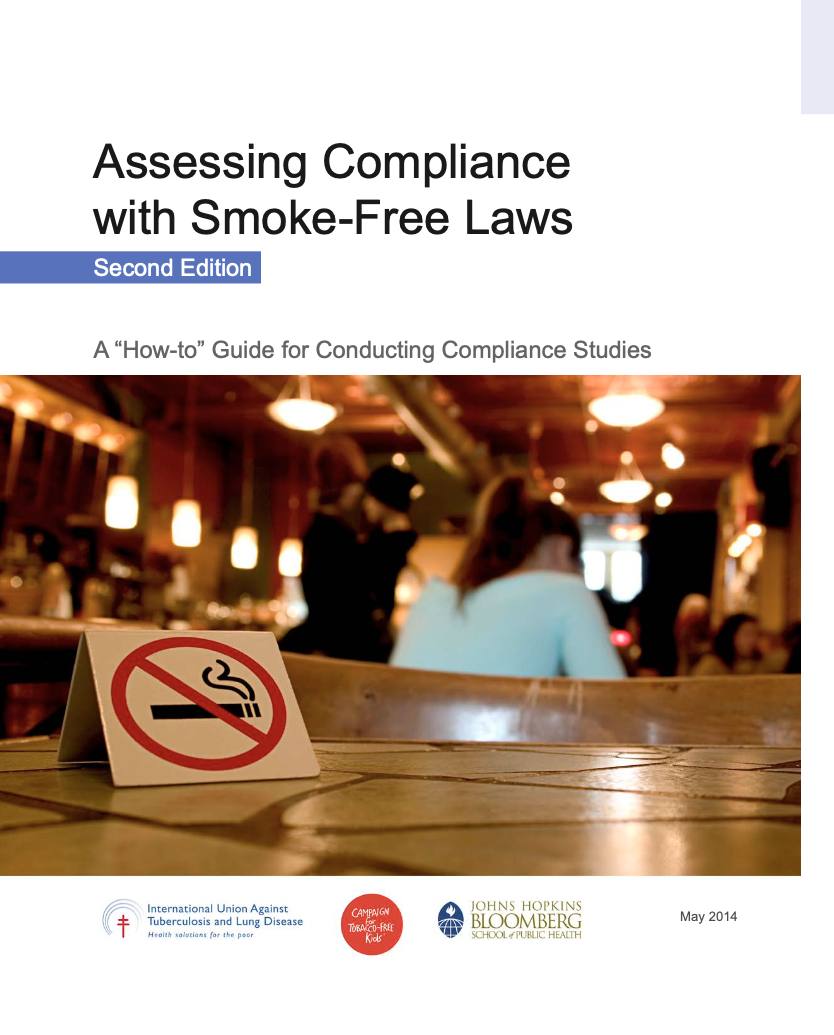This guide promotes best practice for conducting studies of compliance with smoke-free laws, including the rationale for doing or not doing a study, the knowledge and resources needed, and how to design the study and effectively disseminate the results. For those with research training and experience, the guide will provide useful insights into the particular issues involved in researching compliance with smoke-free laws. For those with less experience or training in research, the guide provides detailed guidance to help design a study that effectively and reliably assesses compliance.
Recommendations in the guide are based on experience from other jurisdictions and on best practice when available. However, the approach will need to be adapted to factors specific to each context, and should be done in consultation with people who are knowledgeable about the jurisdiction and the smoke-free law under review, and who have research experience and/or training.
Recent Abstracts
Effects of Heat on Early Childhood Development
Blood Lead Surveillance of Children and Pregnant Women in Tamil Nadu, India
Sportswashing through Media: Coca-Cola’s Olympic Play – A Research Report
What’s in Our Food?
Mais Dados Mais Saúde
More Data, Better Health – Primary Health Care
Mais Dados Mais Saúde: Experiência De Discriminação Cotidiana Pela População Brasileira
More Data, Better Health – Experience of everyday Discrimination by the Brazilian population
Monitoramento de Estratégias pelo Fim da Violência contra Crianças e Adolescentes
Harm Reduction: The Neglected Pillar of US Drug Policy
